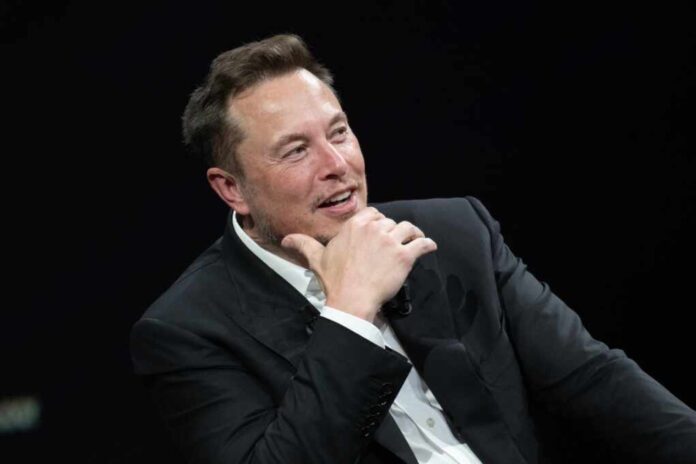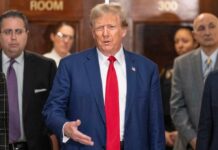
Elon Musk has proposed a radical approach to address the escalating fentanyl crisis in the United States. In a post on Tuesday to his X social media platform, formerly known as Twitter, Musk suggested the U.S. should either enforce “draconian penalties for fentanyl possession” or take the bold step of legalizing the drug to prevent addicts from accidentally consuming lethal doses.
Musk’s post came in response to a post highlighting the grim reality that despite efforts, the fentanyl crisis remains uncurbed, with predictions of a million potential deaths.
We either need to legalize fentanyl, so addicts don’t accidentally take lethal doses, or engage in draconian penalties for fentanyl possession.
If authorities refuse to do the latter, we should at least try the former to see if fewer tragedies occur.
— Elon Musk (@elonmusk) February 20, 2024
America is currently facing what experts describe as the opioid epidemic’s “fourth wave,” characterized by the rampant use of synthetic opioids like fentanyl in combination with street drugs like methamphetamine or cocaine. The DEA has pointed fingers at two cartels, the Sinaloa and Jalisco, for the bulk of fentanyl flooding into the U.S., highlighting the international scale of this dilemma.
The debate over how to handle the fentanyl crisis is deeply intertwined with America’s border policies. Rick Harrison, known from “Pawn Stars,” recently brought personal anguish to this discussion following the tragic fentanyl-related death of his son, Adam.
Harrison has been vocal about his frustration with current border policies, which he believes are contributing to the ease of drug trafficking into the U.S. His comments resonate with a section of the American populace frustrated by what they perceive as a lack of decisive action from politicians. Harrison’s commendation of President Donald Trump’s stance on the crisis underscores a desire for more stringent measures against drug trafficking and a call for accountability for those enabling the drug’s proliferation.
The situation is complex, with states like Oregon facing backlash for decriminalizing possession of small amounts of drugs, a move that critics argue has only exacerbated the problem. The fentanyl crisis has escalated to such an extent that it is likened to a daily plane crash in terms of fatalities, underscoring the urgency for a tangible solution.
Musk’s intervention in this debate symbolizes the growing calls for innovative solutions to a crisis that has defied traditional approaches. While his suggestions may seem extreme to some, they underscore the desperation and urgency required to combat a scourge that continues to devastate communities nationwide.
As America continues to lose lives at an alarming rate, the fentanyl crisis demands bold actions and innovative strategies. The dialogue sparked by figures like Musk and Harrison is crucial to navigating this unprecedented challenge. As the nation searches for solutions, it becomes increasingly apparent that overcoming this epidemic will require a concerted effort from all sectors of society.




























